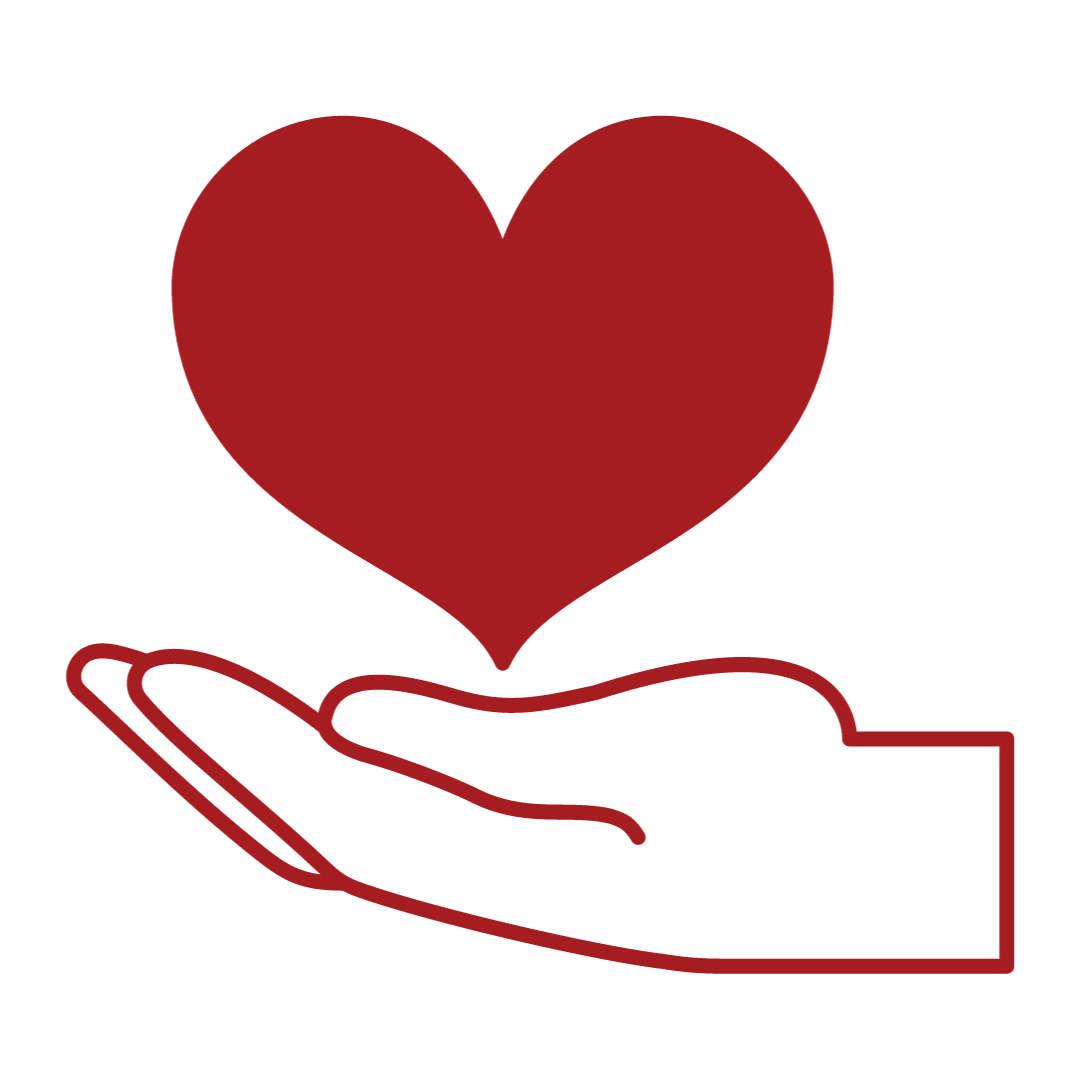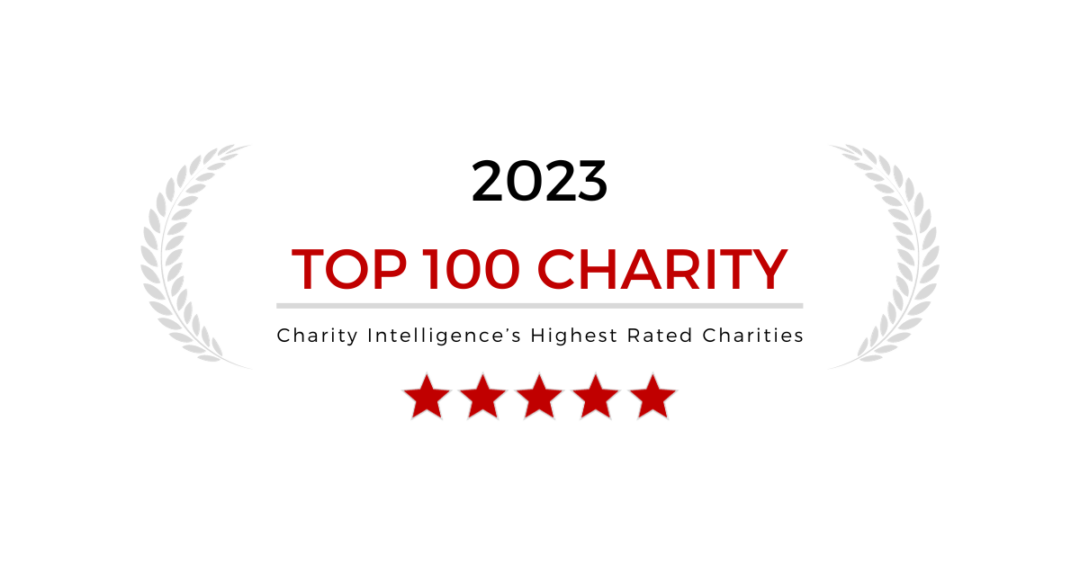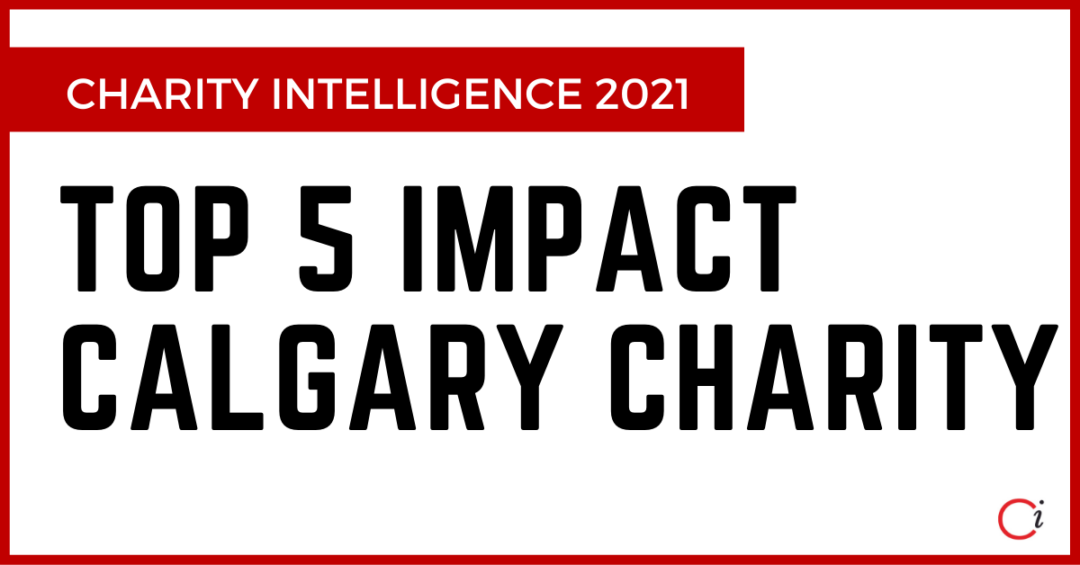OUR IMPACT
Our Impact
2022-2023
women entered the EXIT Program
women were supported in Community Supports
%
of EXIT Program Participants were homeless or experiencing housing instability at intake

%
were housed through their connection with RESET
Learn More
At 12-months post-program, 100% of EXIT Program Graduates reported that they were housed.
%
said the EXIT Program helped them advance their healing journey
%
of Participants reported no further involvement in the sex trade

A Social Return on Investment (SROI) for 2022-2023 indicated for every dollar invested in the EXIT Program
dollars in Social and Economic value is created
Approximately 44% of value created by RESET goes back to Participants and their children through increased wellbeing and decreased costs associated with sex trade involvement. The remaining 56% of value created by RESET goes back to different levels of government due to reduced service and system use.
Your dollars ensure our comprehensive programming including our EXIT Program Housing, Life-Skills Classroom, Employment Skills Training, and Educational Scholarships will continue to make a difference in the lives of women and their children, as detailed in our Annual Report.
2023 Audited Financial Statement
By far the majority of sexual exploitation occurs online (estimated at 90-95% by CPS). Since most women become involved in sexual exploitation at a very young age (13-14) (McIntyre, 2002), sex trade becomes an entrenched mode of survival making exiting very difficult. Women often fear violence from pimps and gangs who use coercive measures to ensure they stay involved in the sex trade (Matthews et al, 2014). Benoit & Millar indicate women often attempt to escape sexual exploitation 5-6 times before succeeding.
Trading or selling sex to meet basic needs is called ‘survival sex’ (Van der Meulen et.al 2013). The EXIT Program recognizes that basic needs must be met for Participants to be able to build on their strength and resilience to create sustainable lives for themselves, free from sexual exploitation.
The sex-trade is a complex social issue and there are a myriad of interconnected risk factors that may lead to involvement in the sex-trade. Poverty is a significant coercive factor which compounds risk factors including mental illness, homelessness, addiction, and history of child welfare involvement. According to Cimino (2012) “poverty is a push factor [for entry into the sex-trade]…other push factors include unstable home life, childhood physical and sexual abuse and neglect, or drug addiction”(page 1236). Experiencing abuse (including sexual abuse) and violence as a child is a significant risk factor for involvement in the sex-trade. According to Farley et al.’s 2009 study of Prostitution in Nine Countries “being abused as a child is a kind of training course for prostitution, a preparation for being treated as a non present being” (pg 63). Substance use is often a way to cope with past and current trauma and abuse experienced, and drug or alcohol dependence is significantly linked with sex work (McIntyre, 2002).
Many women who enter the sex-trade do so in early adolescence, making it easier for abusive and manipulative adults, including pimps, boyfriends and intimate partners, to take advantage of these girls as victims in adult relationships (Loftus et al, 2013). According to McIntyre’s 2002 Strolling Away study the average age of entry into prostitution in Calgary is 13 or 14 years old. Many women who enter the sex-trade are also vulnerable due to radicalized marginalization. Research conducted by the Canadian Department of Justice (2010) found that a majority of domestic sex trafficking victims were recruited by organized crime from marginalized groups, including Aboriginal, racialized, immigrant and abuse survivors. Aboriginal women in Canada are particularly vulnerable to abuse, violence, and involvement in the sex-trade (Hunt, 2013). On average over the past years 25-40% of EXIT Program Participants are of Aboriginal descent.
There are also risk factors that women experience while they are involved in the sex-trade. Involvement in prostitution significantly increases the risk for further violent victimization including physical and sexual assault, verbal threats and abuse, robbery kidnapping and murder (Atchison & Lowman, 2006). When girls and women apply to the EXIT Program they are usually addicted, experiencing homelessness and malnourished. They have often experienced recent violent victimization, at times including severe physical trauma such as gunshot wounds, stabbing wounds, and broken bones.
Often times, more insidious than the physical wounds, are the psychological traumas that have led Participants to believe they are not worth or capable of violence-free and exploitation-free lives. According to McIntyre (2002) when exiting prostitution there are a number of psychological issues including Post Traumatic Stress Disorder, and extreme fear for survival due to potential violent repercussions from pimps/traffickers and other street involved individuals. The impact of criminal records and perceptions of the self as a ‘devient’ can be long-lasting impediments to transitioning into mainstream work after involvement in the sex-trade (Reeve, 2012).
The impact of involvement in the sex-trade can also create inter-generational concerns and problems, as the children of prostitutes are witnesses and victims of violence themselves, experience developmental, educational, behavioural and attachment concerns and are frequently removed from their mother’s care and placed into government care. Some children of mothers involved in prostitution grow up to repeat the same patterns of violence, addiction and exploitation in their own lives. RESET Society is here to support women and their children in exiting this cycle and moving forward with a full life free of exploitation.
RESET changes women’s lives
Being a victim of sexual exploitation or...
Being a victim of sexual exploitation or sex trafficking is rarely an informed economic choice. Supporting RESET to provide a safe haven for women fleeing sexual exploitation and exploiters can literally be the difference between life and death. RESET programming enables women and their children to stabilize, heal, reconnect and not only exit sexual exploitation and sex trafficking but to also positively and completely rebuild their lives. Thanks to your generosity many of the traditions the SAS community has held true for over a quarter of a century will continue to help women and their children.
First things First
At intake, RESET works to address the immediate...
At intake, RESET works to address the immediate basic needs of women seeking to exit sexual exploitation. A safe space, your own bed, and a support worker who is there for you. Immediate medical needs are taken care of and Participants prepare for the next stage of recovery.
Amazing Staff & Volunteers
At intake, RESET works to address the immediate...
A heartfelt Thank You to our RESET Staff and Volunteers:
Fundraising and events such as our annual Book Sale where over 250 people volunteer over 2000 hours
Live-In Volunteers who support women & children 7 days per week, for a total of almost 6000 hours each year
Life-Skills Facilitators, Child-Care and Maintenance volunteers for over 1000 hours each year
RESET Board and Committees volunteer a total of 1200 hours each year
Positive Structure
At intake, RESET works to address the immediate...
Through the EXploitation Intervention and Transition Program (EXIT), RESET provides a proven trauma-informed, wrap around, client-driven outcomes model of support delivered as a continuum of services that support women from immediate exit and safety from violence and sexual exploitation through trauma recovery to supported independent living in the community.
This occurs through participation in the EXIT Life-Skills Classroom (a recovery-oriented comprehensive life-skills curriculum), RESET employment training and skill development, educational support, linking to community resources and access to community based supports including physical and mental health care, counseling, legal assistance, and addiction treatment.
We are Unique
RESET is the only program of its kind...
RESET is the only program of its kind providing immediate, safe, rapid exit programming and long-term 24/7 comprehensive individualized support to women and girls fleeing sexual exploitation and sex trafficking.
Impact Magnified
Through a recent Social Return on Investment (SROI) analysis conducted from 2018-2020, the EXIT Program was demonstrated to be both effective and cost-efficient, creating approximately $9 in social value for every dollar invested.
Learn more about our social impact...
This includes value from decreases in; emergency service use, police involvement, incarceration, violent victimization, system use due to addictions/substance abuse, and increased employment in the mainstream economy. According to the above mentioned SROI, approximately 46% of the value created by the EXIT Program is estimated to go back to Participants in increased wellbeing and decreased costs associated with sex trade involvement. Another 3% of the value created by EXIT is estimated to go back to the children of participants. Finally 51% of the value created by EXIT is estimated to go back to government in reduced service and system use.
EXIT Program Evaluation 2018 – 2019
EXIT Program Evaluation 2017 – 2018
EXIT Program Evaluation 2016 – 2017
RESET Audited Financial Statements Year End 2022
RESET Audited Financial Statements Year End 2021
RESET Audited Financial Statements Year End 2020
RESET Audited Financial Statements Year End 2019
RESET Audited Financial Statements Year End 2018
2016-2017 Audited Financial Statements – Servants Anonymous Society


